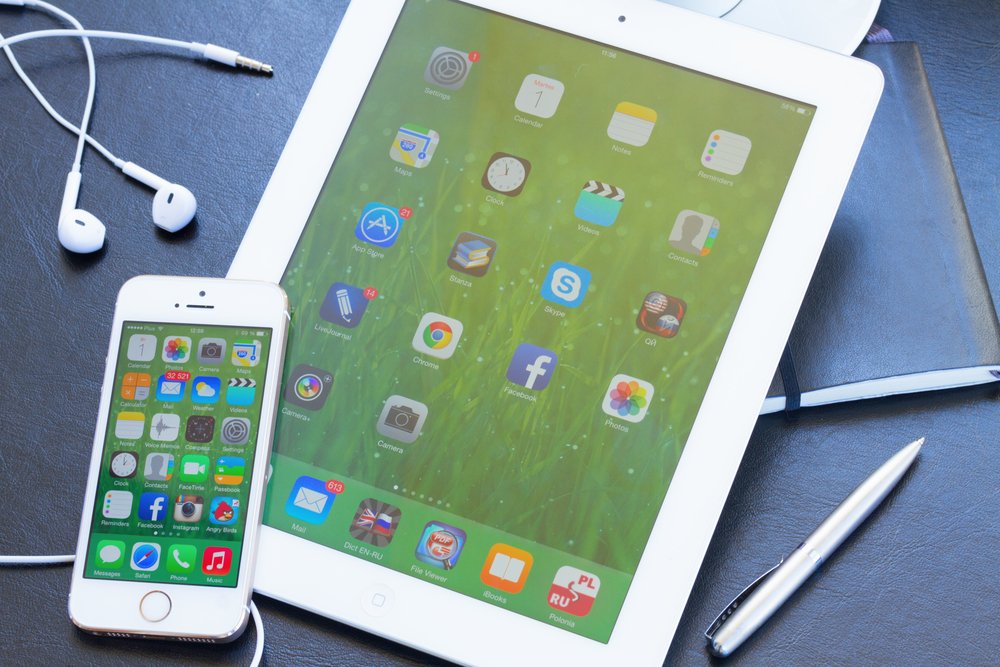Survey Sheds Light on Why Some Hemophiliacs Have Yet to Use Cellphones to Deliver Records
Written by |

Cellphones are a good way for hemophiliacs receiving care at home to relay information that doctors need to stay on top of their treatment.
But a lot of patients have yet to embrace the service — and a recent online survey of 181 hemophiliacs shed some light on why.
Spanish researchers wrote a letter to the journal Haemophilia about how to persuade more patients to relay treatment information by cellphone. They headlined their letter “Mobile health services in haemophilia: opportunities and risks.”
The medical profession uses the term mHealth to refer to the delivery of health records by cellphone. The “m” stands for mobile, as in mobile phone, the term much of the world uses instead of cellphone.
“The introduction of home care therapy has meant that healthcare professionals are dependent on the [hemophilia] patient to inform them of their infusion practices, frequency of bleeds, outcomes and adverse events,” the researchers’ letter said. “It is clear that good record keeping is an essential component of home-based hemophilia care. Using new technologies to provide relevant information where it’s needed with the appropriate healthcare professionals is possible.” In fact, many doctors are enthusiastic about it, the researchers said.
The use of mHealth is still in its infancy in many countries, however.
To understand why a lot of patients shy away from it, the researchers conducted an online survey of 181 patients of all ages who had hemophilia A or B. Some patients were receiving inhibitor treatment and some not. Some were receiving regular blood replacement treatment.
The questions the researchers asked included whether patients were using or intended to use mHealth, whether they preferred delivering their records by cellphone or another way, what prompted those who use cellphone delivery to embrace it, what would prompt those not using it to adopt it, what patients see as the risks of cellphone delivery, and whether social influences play a role in patients’ embracing or spurning cellphone delivery.
The survey’s results suggested that healthcare professionals could encourage patients to use mHealth, the researchers said.
“MHealth service providers should involve healthcare professionals in using these technologies before and after attending a patient — that is, offering and publishing information, recommending a website or other Internet sites, using mHealth during [visits to] clinics,” the researchers wrote. “It is also convenient to use different formats, such as texts, photographs, graphs or videos.”
As for what would motivate patients to use mHealth, those surveyed said they didn’t see the tool as a way to contact other hemophilia patients. They’re comfortable with ordinary communication channels such as phone calls, emails or meetings organized by patient associations, they said.
Previous studies suggested that privacy concerns prevented some hemophiliacs from using mHealth, but the Spanish survey indicated that privacy did not play a role in these patients’ decisions.
Some of those surveyed expressed concern that information relayed by mHealth — either from a patient to a doctor, or from a doctor to a play — could be outdated or contain errors. The idea that mHealth information might be “of little interest, because it is not up to date or contains errors, discourages patients from using mHealth,” the researchers wrote.
The survey also revealed that social influence contributes to whether a hemophiliac will embrace mHealth. “We suggest developing actions in which the peers declare and make visible to others the benefits of using mHealth,” the letter said.
“Our study suggests that there are tools of mHealth that can be relevant for program developers or for healthcare professionals but that do not have interest for the patients with hemophilia,” the researchers wrote. “The same happens with potential barriers for the use of mHealth. Therefore, investing in mHealth requires a previous knowledge of users’ preferences — both of healthcare professionals and patients — regarding how mHealth can better influence healthcare service and improve communication between the agents of the health ecosystem.”


